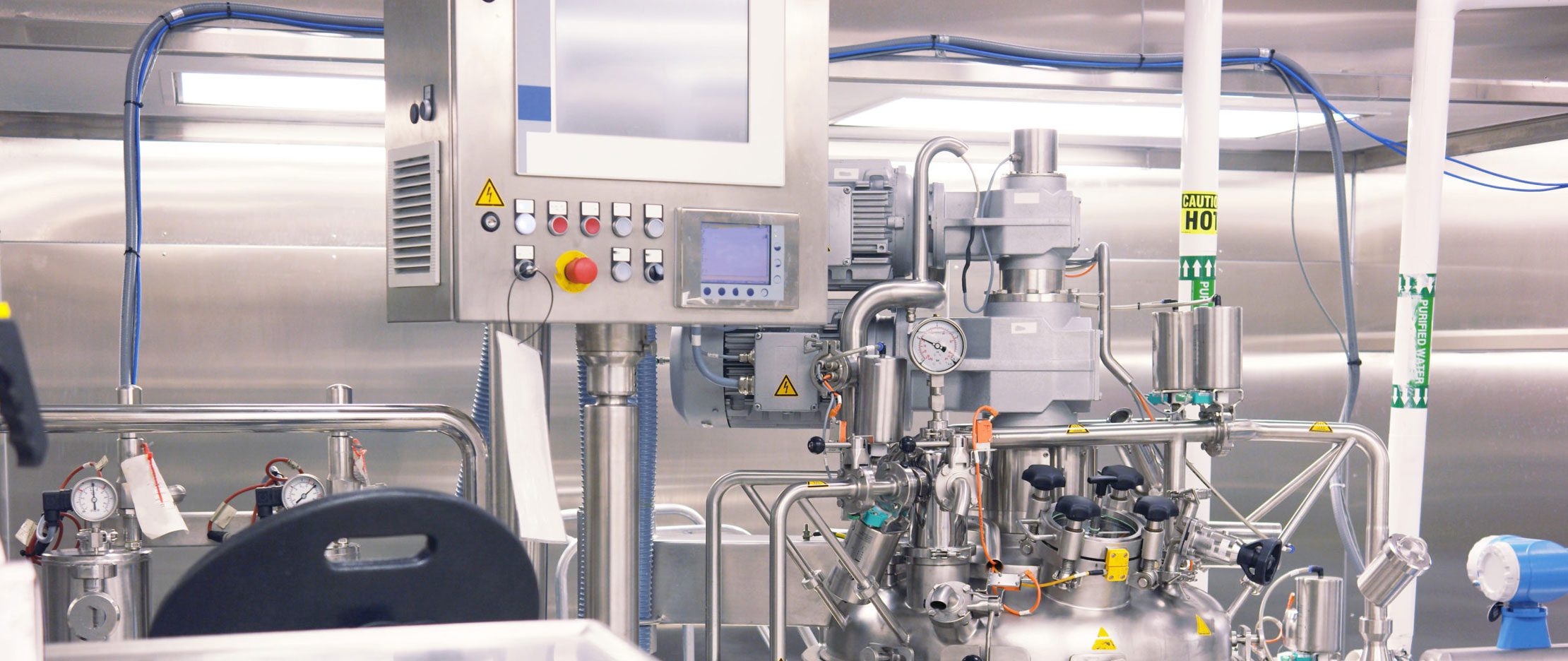
Batch manufacturing is the backbone of the food industry, allowing precise control over quality and consistency. However, it’s not without its challenges. From meeting regulatory standards to maintaining material flow, manufacturers encounter hurdles that can affect efficiency. Fortunately, there are proven solutions to overcome these obstacles. Magnum Systems, a leading industry expert and dual systems integrator and manufacturer, highlights the main challenges of batch manufacturing in the food industry and practical strategies to resolve them, ensuring smoother operations and better outcomes.
Understanding Batch Manufacturing in the Food Industry
Batch manufacturing is a structured process where products are made in batches instead of a continuous flow. This method is especially useful in the food industry, where each item must meet strict quality, safety, and flavor standards. By dividing production into specific quantities, manufacturers can maintain consistency and adjust their processes to meet changing customer and regulatory needs. Although it has advantages, this method also presents challenges. Below, we will look at the most common issues manufacturers encounter and how to address them.
Common Challenges in Batch Manufacturing
Food manufacturers often encounter obstacles that can disrupt production timelines, increase costs, and create compliance risks. These are some of the top concerns:
1. Regulatory Compliance
The food industry is tightly regulated to ensure safety and quality. Following laws like the FDA's Food Safety Modernization Act requires careful documentation and strict control over ingredients and procedures. Non-compliance can lead to fines, product recalls, or even more serious health risks for consumers.
2. Ingredients and Material Handling
Bulk material handling in batch manufacturing can cause bottlenecks, contamination risks, or material loss. Whether working with powders, solids, or liquids, mishandling can result in product waste, downtime, or customer dissatisfaction.
3. Equipment Downtime
Specialized batch manufacturing equipment must operate efficiently to meet production schedules. However, unplanned downtime caused by maintenance or malfunctions can result in costly delays and reduced output.
4. Consistency Between Batches
Batch inconsistencies can stem from human error, incorrect ingredient proportions, or equipment variability. Poor consistency impacts the quality of the final product, damaging reputation in a competitive industry.
5. Waste and Inefficiency
Ineffective workflows and outdated production layouts can lead to material waste, increased energy usage, and higher operational costs, reducing overall profitability.
Solutions for Tackling Batch Manufacturing Challenges
Every challenge offers an opportunity for a solution. Here’s how food manufacturers can tackle these issues:
1. Leverage Automation
Invest in automated systems to minimize manual errors. Automated ingredient handling and portioning systems guarantee accuracy in every batch while boosting efficiency. Additionally, digital records simplify maintaining compliance with regulatory requirements.
2. Optimize Bulk Material Handling
Proper bulk material handling is essential for reducing contamination risks and ensuring smooth material flow. Solutions such as dust-tight conveyors or vacuum systems can provide cleaner, safer, and more efficient transport of ingredients.
3. Implement Preventive Maintenance
Preventive maintenance programs can reduce downtime by detecting potential equipment issues before they lead to breakdowns. Regular inspections, high-quality parts, and spare equipment can help manufacturers avoid costly repairs.
4. Standardize Processes
Standardizing batch instructions and employee training helps reduce variability and human error. Applying lean manufacturing techniques, like Six Sigma or Kaizen, can also eliminate process waste and encourage consistency.
5. Data-Driven Decision Making
Use data analytics tools to evaluate production line performance. Identifying inefficient workflows, forecasting maintenance requirements, and analyzing batch results help manufacturers make informed, proactive decisions.
Benefits of Overcoming These Challenges
Tackling these challenges offers several tangible benefits for food manufacturers.:
Ultimately, concentrating on these solutions helps manufacturers stay competitive in today’s rapidly evolving food industry.
Prioritizing Success With Proactive Solutions
Turning challenges into opportunities begins with recognizing how each area of batch manufacturing directly affects your operations. By proactively implementing solutions such as automation, preventive maintenance, and process optimization, food manufacturers can stay ahead of market demands while providing top-quality products to their customers.
Batch manufacturing remains a vital part of the food industry. Whether it’s managing the complex requirements of bulk solids or fine-tuning ingredient ratios, the ability to adapt and innovate is essential for long-term success. By addressing today’s challenges head-on, manufacturers can keep their processes reliable just like the products they are proud to deliver.
Contact Magnum Systems today to start turning your batching system's challenges into opportunities.
Magnum Systems podcast series, AIM!
The Top Five Benefits of Tuning PID Loops in Process Control Systems
Batch Process Automation And AI: A Match Made for Productivity
Six Reasons to Use a One-Stop Manufacturing Integrated System Partner
Optimizing Batch Automation for Dry Ingredients with Precision Solutions
Related Post
Batch Process Automation And AI: A Match Made for Productivity
The Role of Robotic Integration in Modern Packaging Systems
Top Five Benefits of Combining Pneumatic Conveying and Process Automation
From Industry 4.0 to Industry 5.0: A Human-Centered Approach to Manufacturing Automation